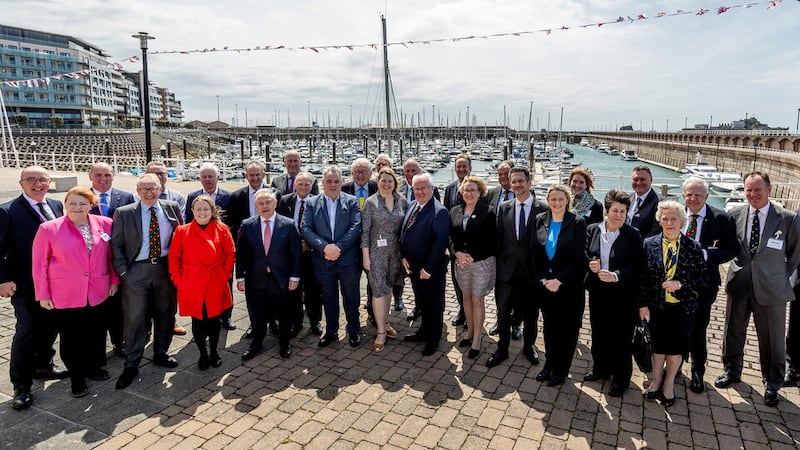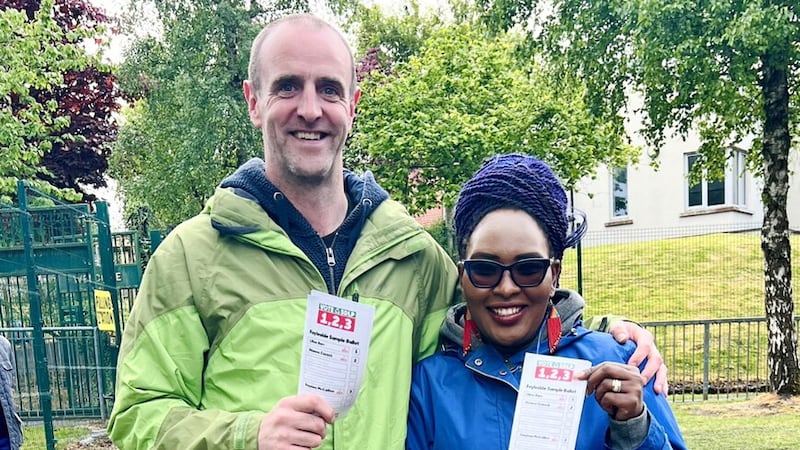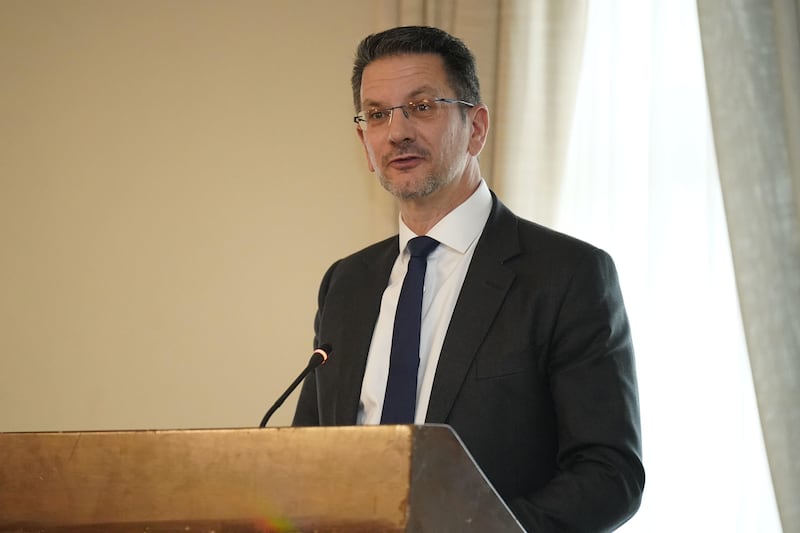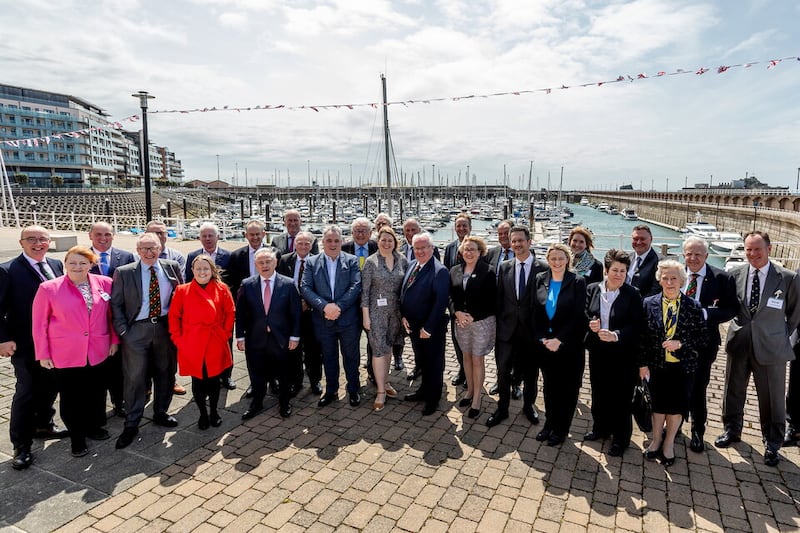A summit of political representatives from across the UK and Ireland has heard how offering public services in minority languages such as Irish is "vital" for the sustainability of communities who speak them.
At the British Irish Parliamentary Assembly (BIPA) in Jersey, an inquiry by its Environment and Social Committee found that legal protection for indigenous minority languages and policies to support their growth have proved beneficial for their survival and visibility in society.
More than 10 indigenous languages exist in BIPA jurisdiction, including Irish, Ulster Scots, Welsh and Cornish.
The committee heard there is no 'one-size-fits-all' solution, but authorities, including at Stormont, Westminster and elsewhere, should co-operate closely on providing public services using the languages.
Some policies to protect such languages have been more successful than others, the committee heard, while it was suggested authorities must engage with minority language speaking communities to decide how best to support them.
The inquiry said legal protections for the languages work best when the "shared cultural benefit to all communities" is stressed.
Supporting TV shows, music and literature featuring the languages "encourages more people to learn them", it found, adding that those who learned them, including at school, were better able to "engage with the history and culture of their communities".
Committee chair, Lord Alf Dubs, said, “If our respective governments are serious about the revival and or expansion of indigenous languages, there is a need for increased support for them in all BIPA jurisdictions.
"In TV, radio and the provision of public services in indigenous minority languages, these languages need to be given the space to live. Policies to support them should not just be imposed from above.
"We’ve heard how all of this can spark pride in communities and an interest in one’s own history and provide a gateway to the acquisition of further languages. All of these will provide a net benefit to our societies.”
He added: "With the equal status of Ulster-Scots and Irish under the Identity and Language Act and the Good Friday Agreement, it is hoped that both languages will thrive in Northern Ireland and Ireland.
"BIPA is well-placed to continue to monitor the health of indigenous minority languages as they continue to enrich the cultural mix of the BIPA jurisdictions. A focus on the rich culture of these languages underlines their vital contribution to our shared history and the connections that tie us together across these islands.”








